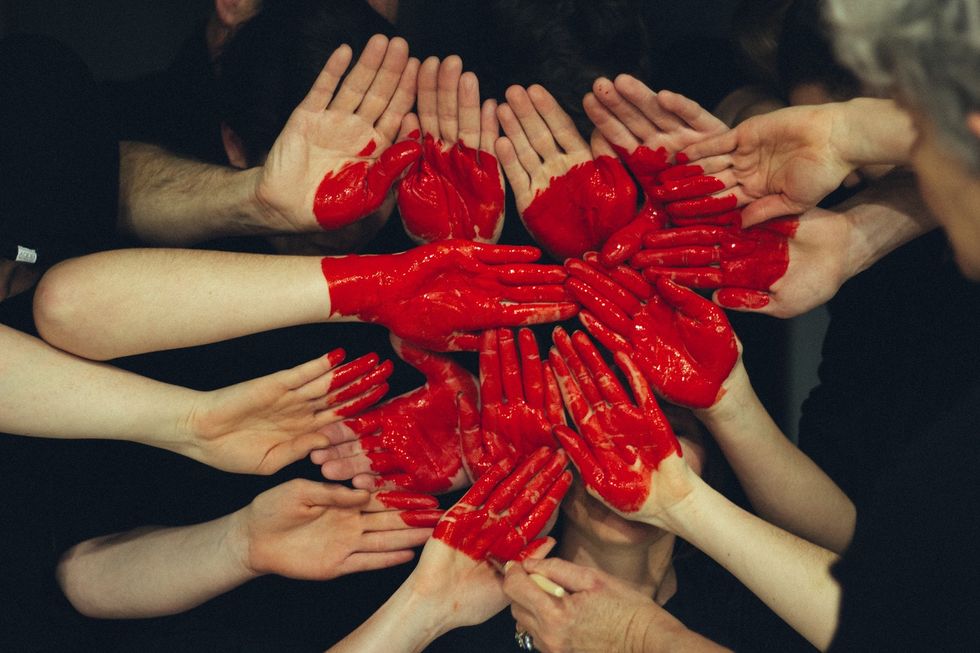In school, we learn about discrimination against people of different races, different genders, different sexualities and even against those who have physical disabilities. What school systems often neglect to teach is that of the prejudice towards those with mental illnesses. The stigma is very real and very common.
Why does a stigma exist against a population of individuals who are different not based on physical features, but rather cognitive features? This discrimination and judgment stems back for generations. While baby boomers made minimal progress with compassion for mental hardship following the Vietnam war, Generation X took a hammer to the idea of transparency by cocooning themselves and refusing to discuss any sign of weakness. While this may be attributed to the rise in divorce rates or the stereotype that only crazy people sought psychological help during that generation, the stigma has carried on and persists even today.
Author and psychologist Dr. Paul Quinnett described this phenomenon perfectly in one sentence from his book "Suicide, the forever decision:"
"They do not like to hear that another human being is so troubled that he is considering self-destruction."
Us millennials are oftentimes categorized as "overdramatic," "too emotional," "too public with our private matters." Maybe we are not too anything. Maybe we are embracing the progression away from secrecy and shame toward a zeitgeist of acceptance and inclusivity. We embrace the ugly sides of people and accept them for who they are. Or if we don't accept their dark side, we encourage change and help our peers seek professional support.
Mental illness is rough. It is ugly. It is hard to understand and hard to empathize with if you haven't experienced it yourself. Just because something is difficult to talk about does not mean it deserves silence. Silence is not good for us.
A recent study from American University cited that 85% of students surveyed reported feeling comfortable making friends with a person with a mental illness, and 6/10 participants stated they would date someone with a mental illness. This broad acceptance is an unprecedented movement towards favorable reception of any diversity. We are reaching out for help more than any other generation before us thanks to our unique perspective on life.
NAMI reports that 1 in 5 Americans suffer from a mental illness. Things that contribute to this number? Genetics, for one. But also the unrealistic expectations placed upon the younger generations. We are expected to reach levels of perfectionism that were once unheard of. The emphasis on individual achievement and a strong need to succeed created by the individualistic culture of America has produced higher levels of stress and anxiety.
Some millennials come from households where failure is not an option. The authoritarian environment created by parents is not healthy. Humans are creatures that learn by observation (does the Bobo doll experiment ring a bell?). We learn what to expect from our parents and then turn it around and project these expectations onto others. Millennials are challenging this mold by taking the expectations and adding in a sense of compassion. We see a friend struggling, we do not expect them to ignore their emotions and act as a robot. We accept and embrace the difficult times. We talk about it. We try to find the source and a solution. We do not ignore it.
Whether you are suffering from depression, anxiety, bipolar disorder, suicidal ideation, an eating disorder, substance use or abuse, or any other form of mental illness, there is always someone ready to help. You are not alone.
So no, millennials are not overdramatic for "putting their problems out there." They are a generation working to end the ridiculous stigma that was built by the generations before us.
























